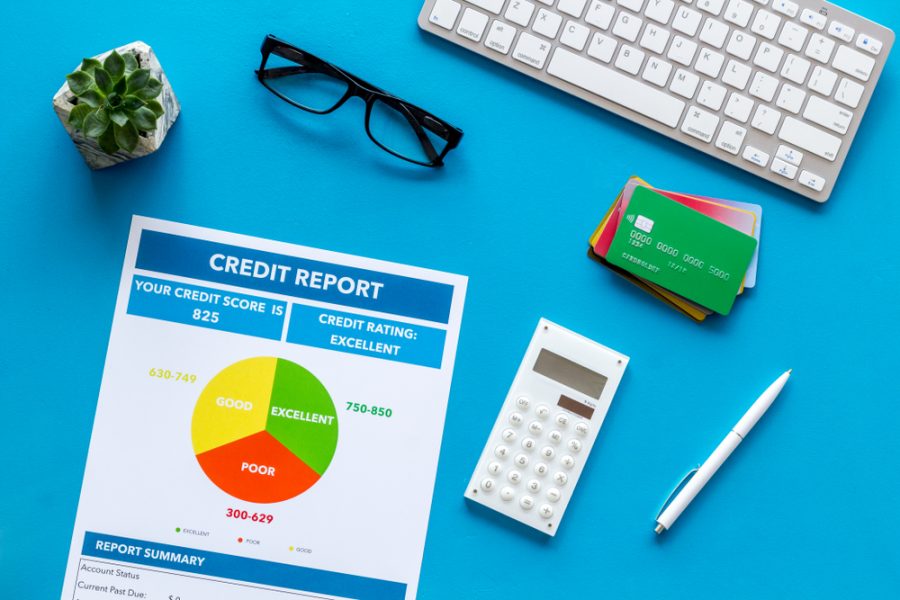How to Get A Closed Account Off Your Credit Report

Closed accounts that have derogatory info can affect your credit score, so you want them off your credit report as soon as possible. Because they don’t always automatically drop off, here is how to get a closed account off your credit report.
Your credit report includes info about closed as well as open accounts. How your closed account affects your credit score mainly depends on the kind of debt and whether you still owe.
Closing an account causes you to lose the card’s available balance. That will cause a hike in your utilization rate, which could hurt your credit score since lenders see the increase as a sign of risk.
Closed accounts with derogatory notations such as collections or missed payments will live on your credit report for about seven years. However, closed accounts with a “paid as agreed” mark can remain on your report for up to a decade after being reported as closed.
Sometimes it makes sense to get a closed account off your report. For instance, if the account has negative information, it’s probably damaging to your credit. Removing it will likely boost your score. However, if the account has a positive history, it may not be the best idea to remove it. Check out credit card debt relief programs that work.
First off, you can dispute negative information on your report related to errors but doing so may not entirely remove a closed account. You’ll likely have no luck if you’re hoping for a removal based solely on negative activity.
You can, however, write your creditor or lender and politely request that it take down a closed account’s history from your credit report. This approach may be more effective if there are other issues involved. For instance, if you were ill and couldn’t work for a spell, causing you to default on your loan or credit card. Creditors may also consider your previous credit history and the extent to which you tried to make payments after you defaulted.
Some debt collectors will hold off on account deletion pending a full payment or settlement for less than what you owe. Still, such collectors aren’t legally obligated to remove the account even if you pay them to. You should also note that should the collection account be removed, the original account with a negative history stays.
You can also just wait the whole thing out. If there are no account inaccuracies and the creditor won’t seem to budge, there isn’t much more you can do. But all closed accounts go away at some point. Negative information is deleted seven years from the debt’s original delinquency date — not when the account was closed.
If you were successful in getting an account that was closed due to late payments or default taken off your credit report, that’s a positive step toward a better financial future. Now, focus on paying your bills on time each month, keeping credit card balances low, paying off debt balances, keeping unused credit accounts open, and limiting how often you apply for new credit.
Also, if you’re having difficulties staying on top of your payments, you should let creditors know. Contact them early on to see if a hardship plan or payment deferment is available.
Now you know how and when to get a closed account off your credit report, and how to handle your credit better overall. You’re taking positive steps toward getting yourself back on solid financial footing.
Comments are closed.

This is an outstanding post that’s filled with so many useful nuggets. Thank you for being so detailed on How to Get A Closed Account Off Your Credit Report.